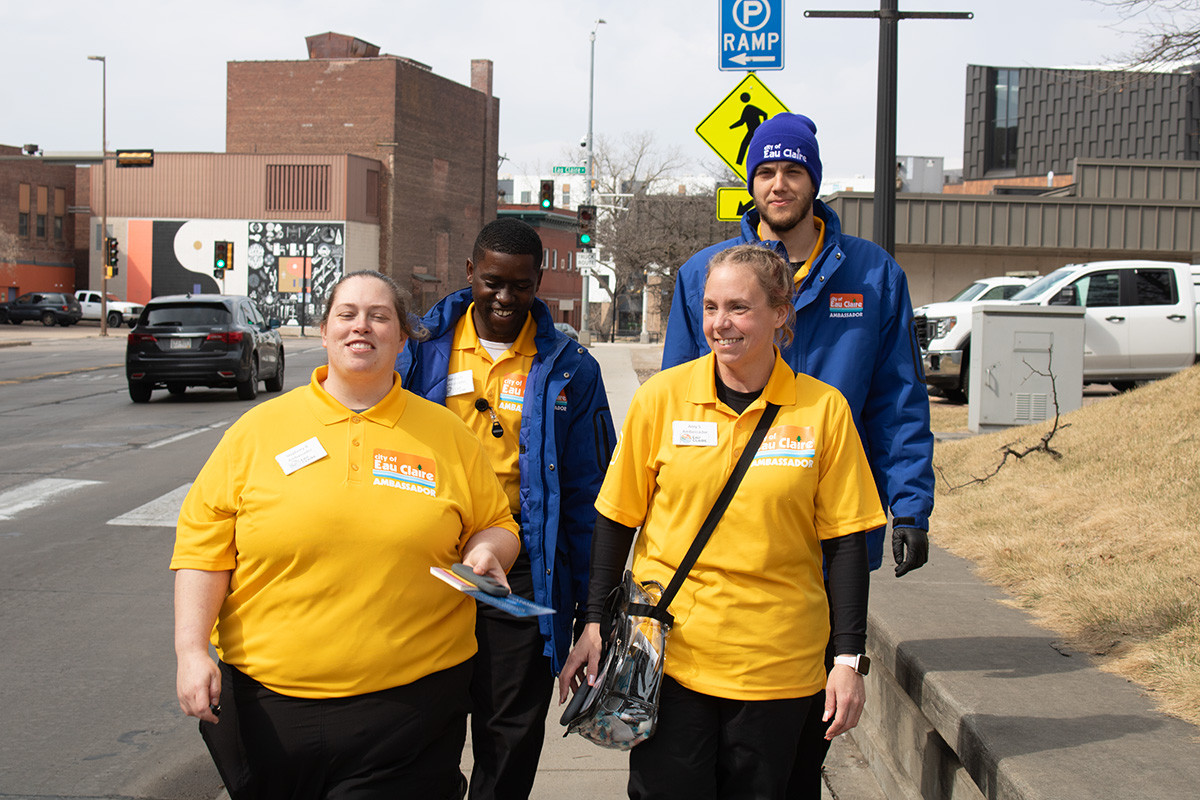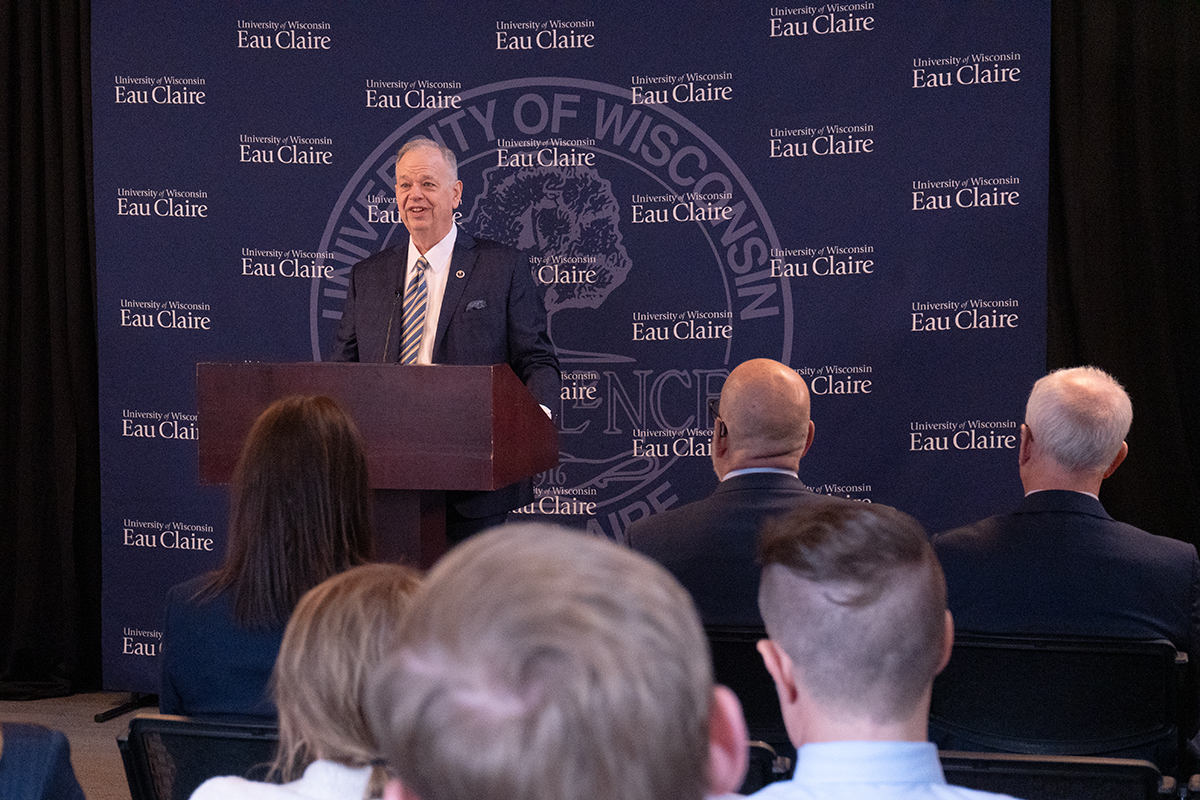 Kathlyn Hotynski
Kathlyn HotynskiMichael Fedo, author of “The Lynchings in Duluth,” spoke Wednesday night in Schofield Auditorium at the first of four Forum Series events scheduled for the spring 2007 semester.
During his presentation, titled “A Life Informed by a Lynching,” Fedo spoke about a lynching that took place in Duluth, Minn. in 1920 and about his book documenting the incident.
Sophomore Dale Gibson said she didn’t know what to expect before attending the presentation.
“I didn’t really know anything about (the event),” she said. “The title caught my attention.”
In the early 1970s, Fedo said, he was in the process of writing a book when he learned of a lynching that had occurred in Duluth several decades earlier.
“I was . intending on writing a novel set in post-World War I northern Minnesota,” he said, adding the book he ended up writing was “almost a mistake.”
“I thought I would include that (lynching) in the book,” he said.
After doing some research, he decided to drop his original idea and write a new book.
“It occurred to me – forget the novel, just document this story because nobody has done it yet,” he said.
In 1920, a large circus came to Duluth, Fedo said, adding that as the circus was about to leave town, word began to spread that a young girl had been raped by several black circus workers.
“As word spread through the neighborhood, people began getting very worked up about it,” he said, adding a mob quickly formed and broke into the jail, seizing three black men and hanging them.
But Fedo said it was later proven that the girl had not been raped at all.
“The older black people in Duluth . and northern reaches of this region said before this happened, they had never felt any discrimination,” Fedo said. “That all changed with this lynching.”
Fedo added that as he was interviewing people for his book, he found that most of them denied being actively involved in the lynching. None of the people he spoke with, he said, were apologetic.
Beverly Soll, performing arts and special events coordinator, said she felt Fedo’s presentation was particularly important for this time of year.
“Coming into Black History Month, the (Forum) Committee felt that it would be important to show that this kind of racism had once existed in our part of the world,” she said.
And though Gibson agreed the presentation was appropriate to usher in Black History Month, she said racism hasn’t been eliminated completely.
“Similar things still happen today,” she said. “Even if it’s not lynching, there’s still the racism. Things haven’t really changed.







